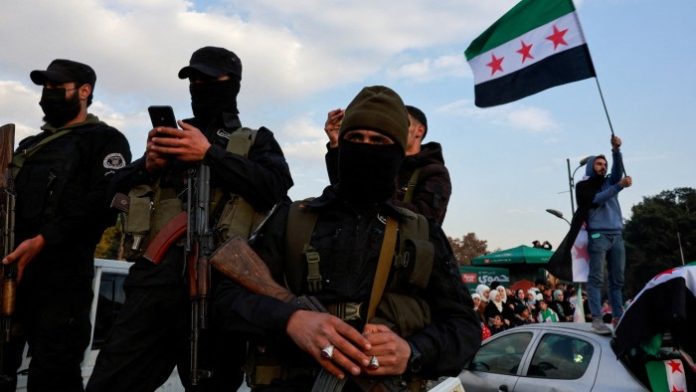Unlock the Editor’s Digest for free
Roula Khalaf, Editor of the FT, selects her favourite stories in this weekly newsletter.
Syria’s rebel factions have agreed to disband and become part of the interim government’s defence ministry as the new administration rushes to consolidate power within revamped institutions.
The new government’s commander-in-chief Ahmed al-Sharaa — former head of Islamist rebel group Hayat Tahrir al-Sham, who previously used his nom de guerre Abu Mohammed al-Jolani — announced the agreement on Tuesday after meeting the heads of groups including the Turkish-backed Syrian National Army and factions in the north-east and south of Syria.
The government said the meeting resulted “in an agreement to dissolve all factions and merge them under the umbrella of the Ministry of Defence”.
The Kurdish-led, US-backed Syrian Democratic Forces were absent as they clashed with Turkish-backed rebels in the north-east following the breakdown of an initial Washington-brokered ceasefire there.
The interim government’s deal was reached just over two weeks after the fall of autocratic former president Bashar al-Assad following a lightning offensive by the HTS-led rebels after 13 years of brutal civil war. It comes as al-Sharaa seeks to cement power over the fractured country.
He faces a daunting task. His group, HTS, has increasingly professionalised its forces through military academies and training, unlike more fractured allied rebel groups.
Security is a key issue for the new administration, which faces concerns including the clashes between Turkish-backed rebels and the SDF; the threat of a resurgence of Isis, longtime foes of HTS who were not part of Tuesday’s deal; and the potential for loyalists to the deposed regime to regroup after Assad dissolved his army before fleeing the country.




